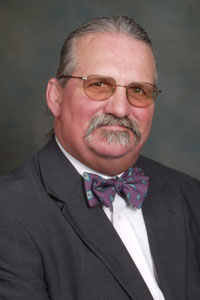An important case interpreting the Massachusetts open meeting law comes up for argument before the Supreme Judicial Court on Monday. The case, District Attorney v. Wayland School Committee, presents the question of whether a school committee violated the law when it met in closed session to discuss the performance evaluation of the school superintendent.
(Note: The MNPA filed an amicus brief in this case in support of the District Attorney.)
The open meeting law requires that all committee meetings be open to the public except those that fall within express exceptions. This case involves the exception that allows a committee to meet in private “to discuss the reputation, character, physical condition or mental health rather than the professional competence of an individual.” That italicized phrase is understood to mean that professional competence cannot be the subject of a closed meeting.
Despite that, the trial judge in this case relied on a separate exception to rule that the closed-door meeting was lawful. That exception allows a private meeting to “conduct strategy sessions in preparation for negotiations with nonunion personnel, to conduct collective bargaining sessions or contract negotiations with nonunion personnel.”
The trial judge reasoned that because the superintendent was compensated pursuant to a written contract, and given that the amount of compensation was to be based, in part, on the evaluation, then the evaluation, itself, was to be considered part of the contract negotiation.
The problem with this reasoning is that it renders meaningless the professional competence exclusion noted above. Professional competence is a nearly universal measure on which employers base employment decisions. If every discussion of professional competence is to be considered a prelude to an employment-related decision, then it could always be discussed in private, under the trial judge’s reasoning.
Interest in the case drew amicus briefs not just from the MNPA, but also from the Mass. Municipal Association, the Mass. Association of School Superintendents, and the Mass. Association of School Committees. You can read the briefs at the SJC’s site and watch Monday’s oral arguments via webcam.
 Oreste P. D’Arconte, publisher of
Oreste P. D’Arconte, publisher of 

